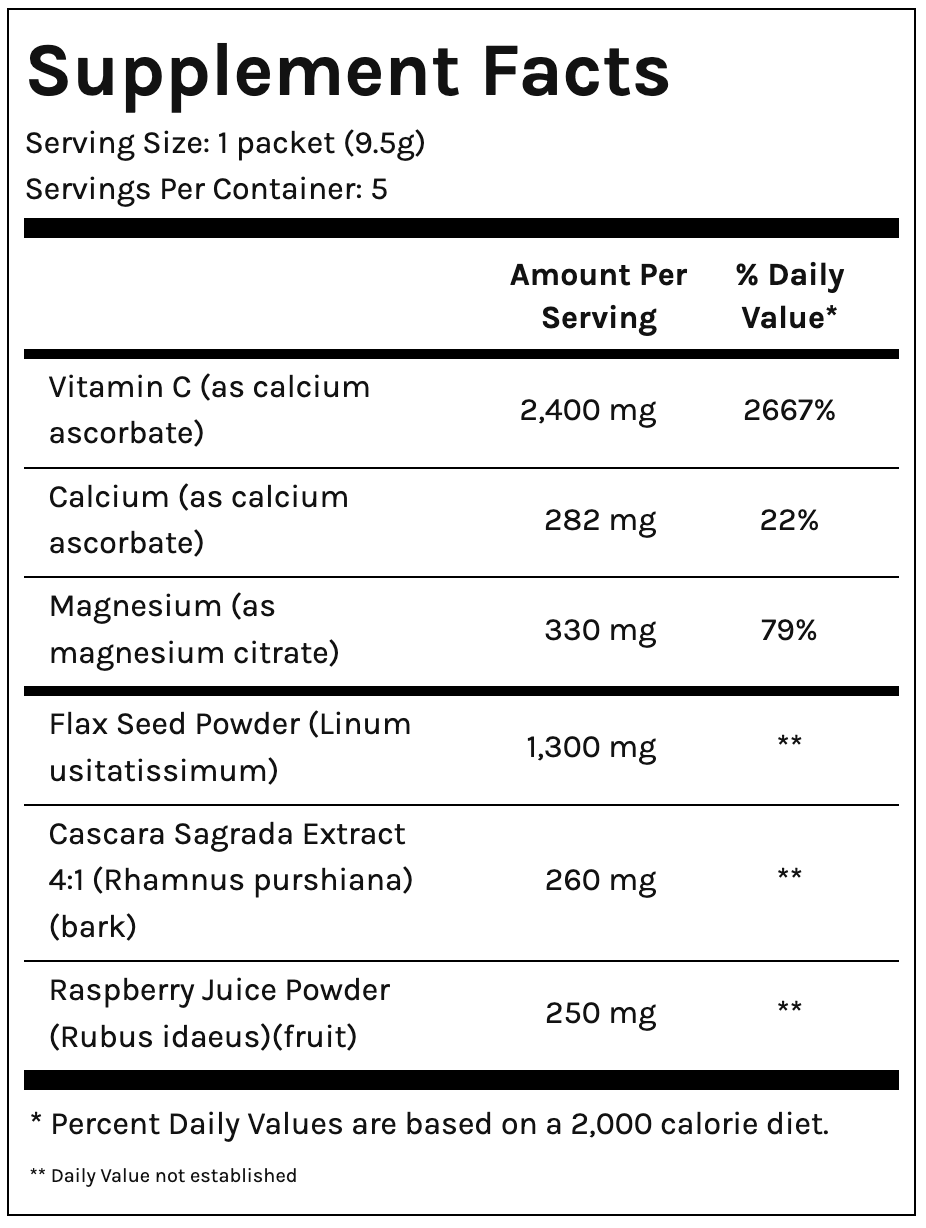Key Takeaways
- Eggs provide protein, vitamins, minerals and antioxidants that support good gut health.
- Many studies link egg consumption to increased gut microbiome diversity and reduced inflammation.
- People with egg sensitivities may experience gut issues like bloating, gas or diarrhea after eating eggs.
- For most people, eggs in moderation seem beneficial for optimal digestive health, immunity and metabolism.
Eggs are one of the most nutritious affordable foods, providing high-quality protein, iron, choline, antioxidants like lutein and zeaxanthin, and various vitamins and minerals. Research shows that eggs may also offer benefits for maintaining a healthy gut microbiome and reducing intestinal inflammation. But some people have sensitivities to eggs triggering digestive complaints. Are eggs ultimately good or bad for your gut?
Nutrient Profile of an Egg
- One large egg contains about 6 grams of complete protein with all essential amino acids.
- Eggs provide choline, an important nutrient for memory, mood and liver function.
- Egg yolks are high in lutein and zeaxanthin, antioxidants supporting eye and skin health.
- Vitamins and minerals in eggs include selenium, vitamin A, vitamin B12, phosphorus and iron.
This stellar nutrient package supplies key compounds for sustaining energy, building digestive enzymes and gastrointestinal lining, and regulating inflammation and immunity.
Bioavailable Nutrients
- Eggs contain very bioavailable forms of nutrients that are easier to digest and absorb than plant sources.
- People with low stomach acid, gut issues or malnutrition may benefit from the high bioavailability of egg nutrition.
- Their digestibility makes eggs less likely to cause gas, bloating or irritation compared to high-fiber plant foods.
Gut Microbiome
Emerging research reveals eggs may support beneficial gut bacteria linked to various health perks:
- One study found people eating 3-4 eggs weekly had higher levels of Faecalibacterium and Anaerostipes, bacteria producing short-chain fatty acids that reduce inflammation.
- Daily egg consumers also had greater gut microbiome diversity compared to non-egg eaters in another trial. Microbial diversity is a marker of gut and overall health.
- Eggs contain prebiotic fiber that feeds good bacteria like Bifidobacteria to help rebalance gut flora.
Antimicrobial Properties
- Egg yolks contain lysozyme, an enzyme with antimicrobial effects against unhealthy gut bacteria.
- Research indicates eggs reduce levels of detrimental bacteria like Clostridium perfringens and Escherichia coli.
- By supporting microbiome balance, eggs likely lower inflammation and infection risks.
Intestinal Inflammation
Chronic inflammation in the gut underlies disorders like:
- Irritable bowel syndrome (IBS)
- Inflammatory bowel disease (IBD)
- Leaky gut syndrome
Compounds in eggs may calm this inflammation on several fronts:
- Lutein, zeaxanthin and cysteine have antioxidant and anti-inflammatory properties to heal the GI lining.
- Short-chain fatty acids from egg-fed bacteria reduce inflammation markers like TNF-alpha and IL-6.
- Eggs support healthy glutathione levels lowering oxidative stress driving intestinal inflammation.
This anti-inflammatory action aids digestion, improves nutritional status, and protects overall wellbeing.
Egg Allergies and Sensitivities
While eggs supply many gut and health perks for most people, those with allergies or sensitivities suffer negative reactions like:
- Cramps
- Bloating
- Gas
- Diarrhea
These egg-related GI symptoms stem from immune responses triggered by egg proteins.
Identifying Reactions
- Observe how you feel in the hours after eating eggs - fatigue, brain fog, joint aches or headaches may accompany digestive upset.
- Try eliminating eggs for 2-4 weeks, then reintroduce to check for reactions.
- Consider allergy testing which measures egg-specific immunoglobulin response.
If eggs consistently make you feel unwell, avoid them. For symptom relief, gut-soothing supplements like Travel-eeze may help calm inflammation.
Can eggs cause leaky gut?
Those with egg sensitivities, eggs might contribute to leaky gut by provoking an immune response, triggering intestinal inflammation. Removing eggs and healing the gut lining with collagen, glutamine, probiotics, and Travel-eeze could resolve this reaction.
Supports Metabolism and Weight Loss
eggs positively impact metabolic factors like:
- Gut peptide production - eggs provide building blocks for hunger-regulating hormones.
- Microbiome balance - influences glycemic responses and obesity risk.
- Inflammation reduction - excessive inflammation impedes metabolism.
- Nutrient absorption - eggs provide highly bioavailable compounds to nourish body processes.
These metabolic benefits make eggs an excellent food for supporting energy, ideal body composition, and weight management for those not sensitive.
Satiety
- The protein, fat and nutrient density in eggs increases satiety and reduces total calories consumed at meals.
- One study found eating eggs rather than a bagel for breakfast increased feelings of fullness and led to eating fewer calories later in the day.
- The high satiety from eggs explains their consistent links to healthier body weight.
Choosing eggs over refined carbs leads to better gut health, appetite regulation, and waistlines for most people.
Optimizing Egg Intake for Gut Health
Research pointing to eggs' gut and nutrition benefits did not typically exceed one egg daily. Potential reasons to moderate intake include:
- High choline levels - excessive choline intake over time may negatively impact the liver, heart health, or trimethylamine oxide (TMAO) production.
- Allergies and sensitivities - those reacting negatively should avoid eggs.
When tolerating eggs well, enjoying 1-2 eggs daily with vegetables and safe starches like sweet potatoes provides excellent nutrition to nourish overall wellness and a healthy GI system.
Five Facts About Eggs and Gut Health
- Eggs provide an affordable source of high-quality protein for building digestive enzymes and gut lining.
- Egg nutrients like protein and omega-3s help regulate hunger hormones like ghrelin and peptide YY (PYY).
- Eating eggs may increase levels of beneficial gut bacteria like Faecalibacterium and Anaerostipes.
- Bioactive compounds in eggs like cysteine, lutein and zeaxanthin lower oxidative stress and inflammation in the gut.
- Around 2% of children and 0.5% of adults have IgE-mediated allergic responses to egg proteins triggering GI and systemic symptoms.
Frequently Asked Questions About Eggs and Gut Health
Are egg yolks bad for your gut?
No, egg yolks provide key antioxidants like lutein and zeaxanthin along with vitamin E, vitamin D, vitamin A, choline and omega-3s essential for proper gut function. Moderate yolk intake generally supports microbiome diversity and controls inflammation.
Can eggs cause leaky gut?
In those with egg sensitivities, eggs might contribute to leaky gut by provoking an immune response, triggering intestinal inflammation. Removing eggs and healing the gut lining with collagen, glutamine, probiotics and Travel-eeze helps resolve this reaction.
Do eggs feed good gut bacteria?
Yes, the prebiotic fiber, proteins and micronutrients in eggs serve as fuel for beneficial bacteria like Lactobacilli and Bifidobacteria species. These microbes digest egg components into short-chain fatty acids reducing inflammation and supporting gut barrier function.
Are eggs easier to digest than meat?
Generally yes, eggs provide more easily digestible protein than meat and do not contain tough muscle fibers or dense connective tissue. People with gut issues are often advised to start with eggs over meat when reintroducing animal proteins.
Should you avoid eggs if you have IBS?
Some find eggs aggravate irritable bowel syndrome (IBS) symptoms if they have an underlying egg allergy or sensitivity. Try eliminating eggs for 3 weeks and monitor symptoms, then challenge with eggs and watch for reactions. This clarifies if eggs personally trigger or soothe your IBS.
Can eggs help heal leaky gut?
For those not sensitive, eggs provide protein, omega-3s, glutathione precursors, and antioxidants to nourish gut lining and dampen inflammation. Combined with collagen, glutamine, probiotics and Travel-eeze, eggs may accelerate intestinal barrier healing.
Do egg whites damage the gut?
No, egg whites provide high-quality protein without the fat, cholesterol and potential drawbacks of excessive choline from yolks. Unless dealing with an egg allergy, egg whites support good gut health.





